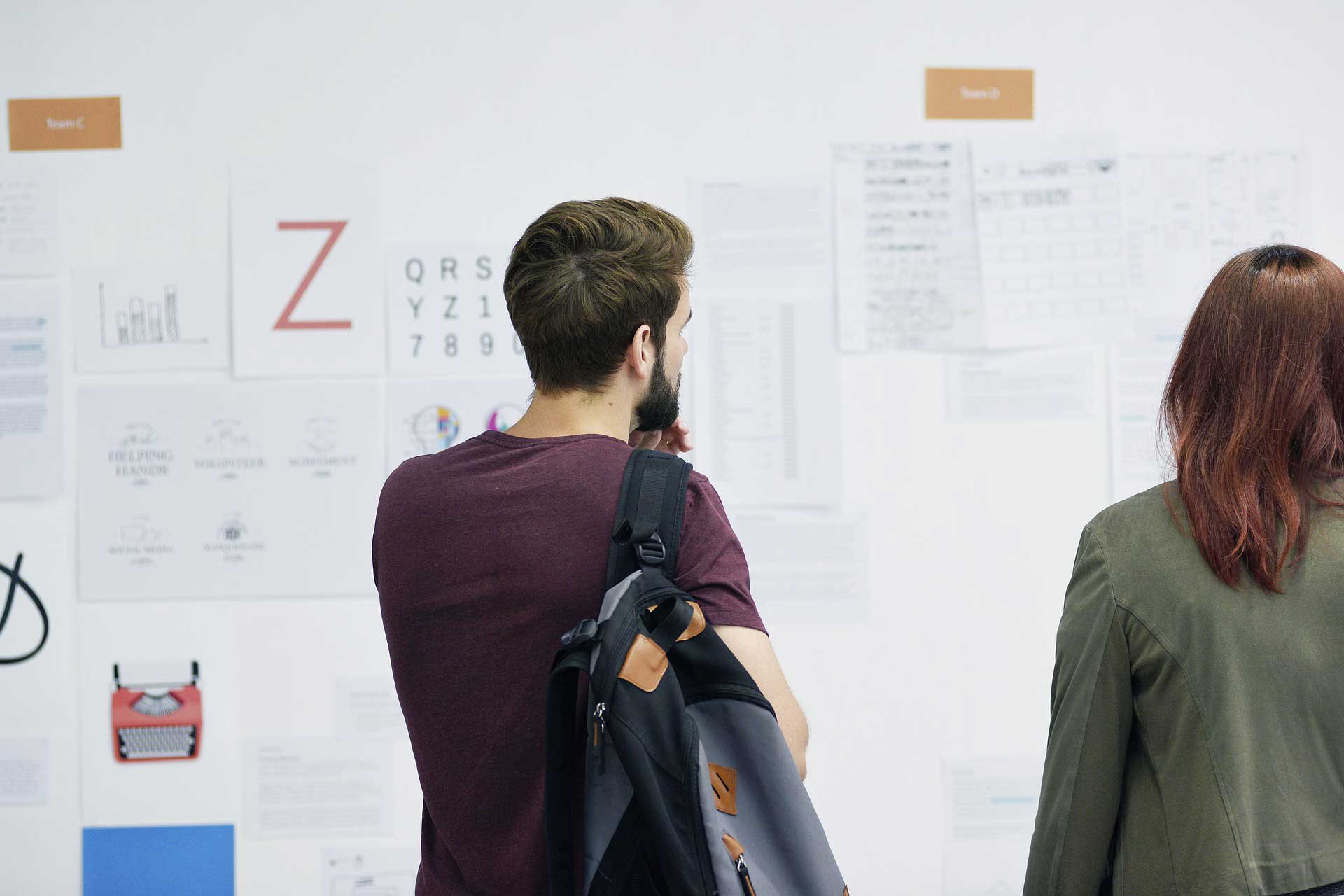
Website Design in Pasig, MNL
All our projects follow ada accessibility guidelines for web development to make sure consistency as well as quality results. Whatever the task, we use a goal-driven method that enables us to match each customer’s distinct needs throughout all phases of project growth.

Things to take into consideration with Web Design in Pasig Manila
The initial discovery stage makes certain that all of the task objectives as well as specifications have been identified and also factored into the website task strategy. The discovery process recognizes crucial information in order to help direct the remainder of the project, consisting of Target market, Style choices as well as brand name criteria, Material approach, Useful needs and Conversion objectives

Internet Architecture
The style phase of the site growth procedure involves the manufacturing of a sitemap and also wireframes. These materials are assisted by the info established during the discovery stage, as well as assist to notify the layout phase of the project.
The sitemap is a record that shows all the website web pages in a hierarchical structure, with top-level web pages adhered to by secondary and tertiary pages. The wireframes act as plans to show the standard design for different web page types, with all essential web page components identified.
The website design process develops the general look of the website. The design applies the brand name requirements, graphics as well as wanted aesthetics to the page structure established with the wireframes; the designs likewise incorporate the navigation structure from the sitemap for an attractive as well as useful user-interface.
The preliminary deliverables produced throughout the design phase are commonly level photo files that appear like web pages (” mockups”), to make sure that all style elements can be comfortably assessed and also changed prior to the functional web pages are actually coded.
Web Advancement with ADA Compliant Web Design
The growth stage involves both front-end as well as back-end parts. The front-end advancement includes the production of the HTML/CSS layouts for numerous site web pages, based on the style mockups. These style layouts can after that be assessed as well as checked at diverse screen sizes as websites with genuine material; this is specifically vital for receptive style, where web pages have to scale accurately across various gadgets and also systems.
The back-end advancement includes setup of the site’s content monitoring system (CMS), and also coding of all useful page aspects. This procedure normally takes place in an advancement environment (on an advancement web server) to ensure that the site could be developed privately as well as evaluated and also updated up until it is completed and also prepared for launch.

Mobile Ready Web Design

Blog Options

Search Engine Friendly

Website Design Accessibility
Today we’re diving into a topic that’s not only crucial for your website’s success but is also the right thing to do: website accessibility. Now, I know what you’re thinking – “Accessibility? Isn’t that just for people with disabilities?” Well, yes and no. It’s for them, but it’s also for everyone else who visits your website.
You see, the web is a vast, diverse place, and your website needs to be a welcoming space for everyone. That means ensuring that people with disabilities, like those who are visually impaired, hearing impaired, or have mobility issues, can access and navigate your site just as easily as anyone else. But it’s not just about being a good digital citizen; it’s also about improving your website’s performance and SEO.
So, why should you care about website accessibility? Let me break it down for you:
It’s the Law: Many countries have laws in place that require websites to be accessible. Ignoring these regulations can land you in some serious legal hot water.
Expanded Audience: By making your website accessible, you’re opening the doors to a wider audience. This means more visitors, potential customers, and increased revenue.
Better SEO: Google loves accessible websites. When your site is easy to navigate and understand, search engines can crawl it more effectively, leading to better rankings.
Enhanced User Experience: Think about it – when users can find what they need on your website effortlessly, they’re more likely to stick around, engage with your content, and convert.
A Brief Introduction to Web Accessibility
The fact is that millions of internet users have special needs and impairments that can make it difficult or even impossible for them to use certain types of websites. By designing your site with these challenges in mind, you can ensure that it’s welcoming to as many users as possible.
While there are a lot of disabilities and conditions that can affect the way people use websites, let’s take a look at some of the most common categories of impairments:
Vision. This includes a partial or total inability to see or to perceive color contrasts.
Hearing. Some users have a reduced ability to hear.
Motor Skills. These are people with difficulty moving parts of their bodies, including making precise movements (such as when using a mouse).
Photosensitive seizures. Conditions such as epilepsy can cause seizures that are often triggered by flashing lights.
Cognitive disabilities. There are also many conditions that affect cognitive ability, such as dementia and dyslexia.
Information about Pasig, MNL
It is located along the eastern border of Metro Manila with Rizal province, the city shares its name with the Pasig River. A formerly rural settlement, Pasig is primarily residential and industrial, but has been becoming increasingly commercial in recent years, particularly after the construction of the Ortigas Center business district in its west. The city is home to the Roman Catholic Diocese of Pasig, based in Pasig Cathedral, a landmark built around the same time as the town’s foundation in 1573.
Pasig was formerly part of Rizal province before the formation of Metro Manila, the national capital region of the country.[5] The seat of government of Rizal was hosted in Pasig at the old Rizal Provincial Capitol until a new capitol was opened in Antipolo, within Rizal’s jurisdiction in 2009.[6] On June 19, 2020, President Rodrigo Duterte signed Republic Act No. 11475, which designated Antipolo as the official capital of Rizal.
Pasig is a landlocked highly urbanized city in the National Capital Region.
The city has a land area of 48.46 square kilometers or 18.71 square miles. Its population as determined by the 2020 Census was 803,159. This represented 5.96% of the total population of the National Capital Region. Based on these figures, the population density is computed at 16,574 inhabitants per square kilometer or 42,927 inhabitants per square mile.
There are many legendary tales and theories explaining the origin of the name Pasig. However, the most convincing theory comes from the late Dr. Jose Villa Panganiban – a linguist, polyglot, professor, and former director of the Institute of National Language. He said that “Pasig” is an old Sanskrit word referring to a “river flowing from one body of water to another,” in the case of Pasig River, from Laguna de Bay to Manila Bay.
Pasig is one of the oldest towns in the Philippines. The Augustinians created it in 1572. In June 1901, Act No. 137 of the Philippine Commission incorporated Pasig in the newly created Province of Rizal. It became the Provincial Capital of Rizal until 1975 when the Metro Manila Commission was created under Presidential Decree No. 824.
On 26 July 1994, the Senate and the House of Representative enacted Republic Act 7829 converting the Municipality of Pasig into a highly urbanized city. The, on 8 December 1994, President Fidel V. Ramos signed it into law. The people of Pasig ratified this through a plebiscite on 21 January 1995.
Cities near Pasig, MNL
[related_locations]
